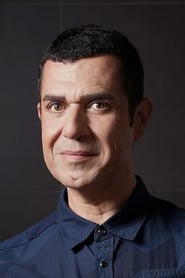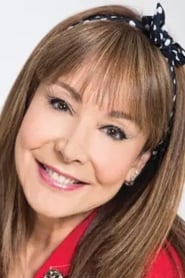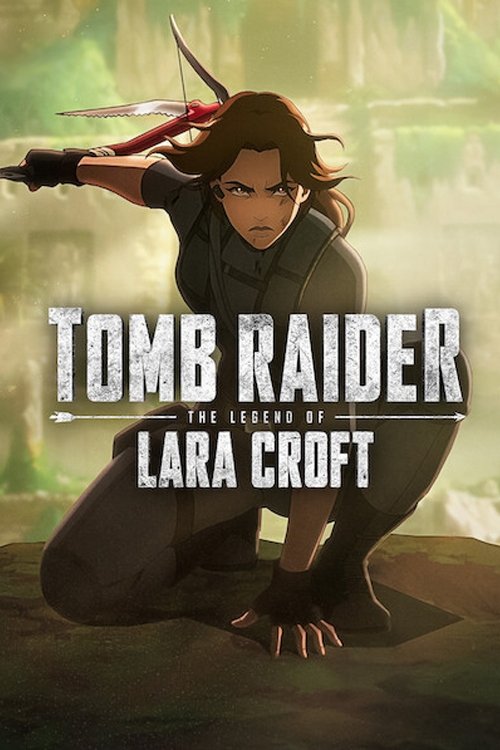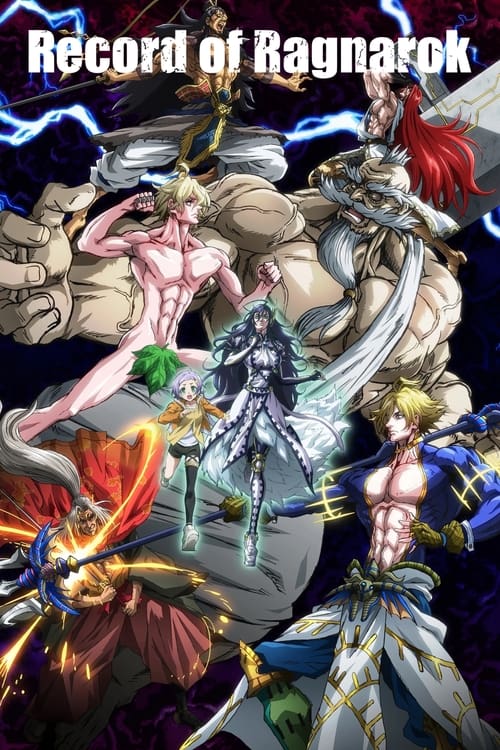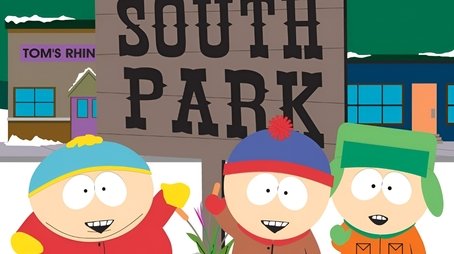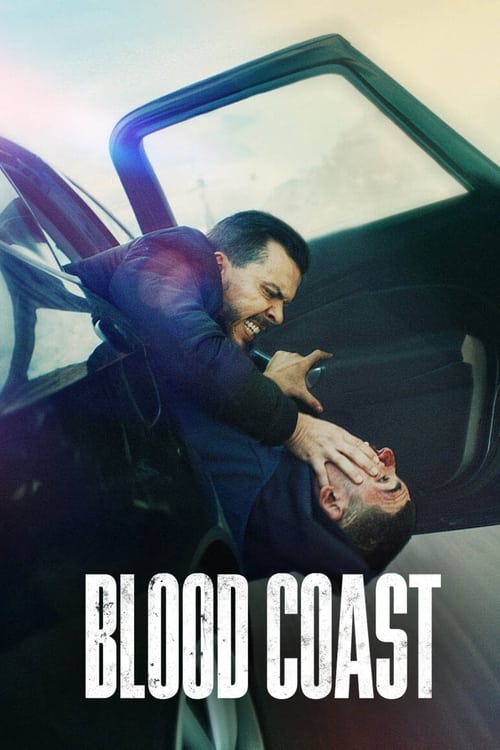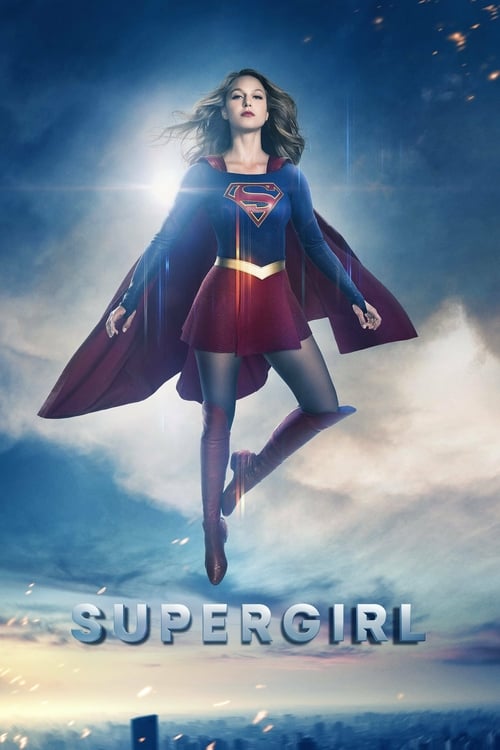
Ask Your Own Question
What is the plot?
In the opening scene of "Episode 9," the camera pans over a bustling marketplace in the heart of the city, where the main characters, including Yossi and Tali, are seen discussing their plans for the upcoming festival. Yossi is visibly anxious, as he feels the pressure of organizing the event while also dealing with personal issues. Tali tries to reassure him, but her own worries about her family's involvement in the festival linger in the background.
As the day progresses, Yossi receives a mysterious phone call that disrupts their planning session. The caller, who remains anonymous, hints at a potential threat to the festival, causing Yossi to become increasingly paranoid. He confides in Tali about his fears, revealing that he has received similar calls in the past, which he had dismissed as pranks. Tali urges him to take the threat seriously, leading to a heated argument about trust and responsibility.
Later, Yossi decides to investigate the source of the calls. He visits a local informant, who provides him with a lead on a group that has been known to disrupt public events. The informant warns Yossi that they are planning something big for the festival, and he must act quickly to prevent chaos. This revelation heightens Yossi's sense of urgency, and he begins to rally support from his friends and community members to bolster security for the event.
Meanwhile, Tali grapples with her own family issues, as her father expresses disapproval of her involvement in the festival. He believes it distracts her from her studies and future prospects. Tali feels torn between her passion for the festival and her father's expectations, leading to a poignant confrontation where she asserts her independence. This moment of defiance strengthens her resolve to help Yossi, despite her father's objections.
As the festival day approaches, Yossi and Tali work tirelessly to implement security measures. They enlist the help of local law enforcement, who agree to increase their presence at the event. However, Yossi's paranoia begins to affect his relationships, as he becomes increasingly isolated and suspicious of those around him. Tali tries to reach out to him, but he brushes her off, believing he must handle the situation alone.
On the day of the festival, the atmosphere is electric with excitement. Colorful decorations adorn the streets, and the community gathers to celebrate. However, Yossi remains on edge, constantly scanning the crowd for any signs of trouble. Tali, determined to support him, takes on a leadership role in coordinating the festivities, trying to keep the mood light despite Yossi's anxiety.
As the festival unfolds, a sudden commotion erupts when a group of masked individuals infiltrates the event, causing panic among the attendees. Yossi's worst fears come to life as he realizes that the threat is real. He quickly springs into action, directing people to safety while trying to confront the intruders. Tali, witnessing the chaos, joins him, and together they attempt to protect the festival-goers.
In a tense confrontation, Yossi faces off against the leader of the masked group. The two engage in a physical struggle, with Yossi fueled by adrenaline and desperation to save the festival. Tali intervenes, using her quick thinking to distract the intruders, allowing Yossi to gain the upper hand. The fight escalates, and just as it seems Yossi might be overpowered, local law enforcement arrives, apprehending the intruders and restoring order.
After the chaos subsides, Yossi and Tali share a moment of relief amidst the aftermath. They reflect on the events that transpired, acknowledging the strength of their bond and the importance of community support. Yossi expresses gratitude for Tali's unwavering support, realizing that he cannot face challenges alone. The episode concludes with the festival continuing, albeit with a renewed sense of unity and resilience among the community members, as they celebrate their triumph over adversity.
What is the ending?
In the ending of "Rosh Gadol," Season 4, Episode 9, the tensions between the main characters reach a boiling point. The episode concludes with a dramatic confrontation that leads to significant revelations and decisions that will alter the course of their lives. Each character faces the consequences of their actions, leading to a mix of resolutions and unresolved conflicts.
As the episode unfolds, we see the characters grappling with their choices. The emotional weight of their past decisions culminates in a pivotal scene where they confront each other, revealing deep-seated fears and desires. The episode ends with a sense of uncertainty, leaving the audience to ponder the future of these complex relationships.
The episode opens with a dimly lit room where the main characters gather, the air thick with tension. The camera pans across their faces, capturing the anxiety and anticipation that hangs in the atmosphere. Each character is visibly affected by the events that have transpired throughout the season, their expressions a mix of determination and fear.
As the scene progresses, the dialogue becomes increasingly heated. One character, feeling betrayed, stands up, their voice trembling with emotion as they accuse another of deceit. The accusation hangs in the air, and the room falls silent, the weight of the words sinking in. The accused character, visibly shaken, struggles to defend themselves, their internal conflict evident as they grapple with guilt and the desire for redemption.
The confrontation escalates, and the camera shifts to close-ups of each character, highlighting their emotional states. Tears well up in the eyes of one character, revealing the pain of past mistakes. Another character, hardened by their experiences, responds with anger, their voice rising as they lash out, revealing their vulnerability beneath a tough exterior.
In a pivotal moment, a third character steps forward, attempting to mediate the situation. Their voice is calm but firm, urging everyone to reflect on their actions and the impact on their relationships. This character embodies a sense of hope, striving to bring the group back together despite the chaos surrounding them.
As the confrontation reaches its climax, secrets are unveiled. One character reveals a hidden truth that changes everything, causing shockwaves among the group. The revelation forces each character to reevaluate their loyalties and motivations, leading to a moment of collective introspection. The camera captures their reactions, a mix of disbelief and realization washing over their faces.
The episode culminates in a powerful scene where the characters must make choices about their futures. Some decide to part ways, acknowledging that their paths have diverged too far. Others choose to stay and work through their issues, a testament to their commitment to one another despite the turmoil. The emotional farewells are poignant, filled with unspoken words and lingering glances that convey a deep sense of loss and hope.
As the final moments unfold, the camera pulls back, showing the characters in their respective spaces, each reflecting on the choices they have made. The screen fades to black, leaving the audience with a lingering sense of uncertainty about what lies ahead for each character. The episode closes with a haunting melody, underscoring the complexity of their relationships and the unresolved conflicts that will continue to shape their lives.
In summary, the fates of the main characters are left open-ended, with some finding a path toward reconciliation while others face the reality of separation. The emotional weight of their journey resonates, inviting viewers to reflect on the nature of relationships and the consequences of their choices.
Is there a post-credit scene?
In "Episode 9" of "Rosh Gadol," there is indeed a post-credit scene that adds an intriguing layer to the episode's narrative.
As the credits roll, the screen fades back in to a dimly lit room where a solitary figure sits at a desk cluttered with papers and photographs. The camera slowly zooms in on the figure, revealing it to be one of the series' recurring antagonists, whose identity is shrouded in mystery. The atmosphere is tense, underscored by a low, suspenseful score that heightens the sense of foreboding.
The antagonist is seen meticulously organizing documents that detail the main characters' recent activities, showcasing a deep obsession with their every move. As they sift through the papers, a smirk crosses their face, indicating a sinister plan is in motion. The camera captures a close-up of a particular photograph that features the protagonist in a vulnerable moment, hinting at the emotional stakes involved.
Suddenly, the antagonist picks up a phone and dials a number, their expression shifting to one of cold determination. "It's time to make our move," they say, their voice dripping with malice. The scene ends with a lingering shot of the photograph, leaving viewers with a sense of dread and anticipation for the conflicts that are sure to arise in the upcoming episodes.
This post-credit scene effectively sets the stage for future confrontations, emphasizing themes of betrayal and the lengths to which characters will go to achieve their goals. It encapsulates the show's blend of drama and suspense, leaving the audience eager for more.
How does the episode explore the theme of loyalty through the character interactions?
Loyalty is tested in this episode as characters are faced with difficult choices that pit their personal desires against their commitments to one another. The interactions between friends and family members reveal the complexities of loyalty, showcasing moments of betrayal, support, and the struggle to maintain bonds amidst turmoil.
What is the significance of the flashback scenes involving the character of David?
The flashback scenes involving David provide crucial context for his current motivations and relationships. They reveal his past traumas and the choices that have shaped him, deepening the audience's understanding of his character and the stakes of his present actions.
How does the character of Eli respond to the challenges he faces in this episode?
Eli grapples with feelings of betrayal and disappointment as he learns about a secret that affects his family. His internal conflict is palpable, and he oscillates between anger and a desire to protect those he loves, ultimately leading him to make a pivotal decision that could change everything.
What significant event occurs between the characters Yael and Amir in this episode?
In this episode, Yael confronts Amir about his recent behavior, leading to a heated argument that reveals deep-seated insecurities and unresolved feelings between them. The emotional tension escalates as they both struggle to communicate their fears and desires.
What role does the character of Tali play in the unfolding drama of this episode?
Tali serves as a mediator in the conflicts between the main characters, using her insight and empathy to help them see each other's perspectives. Her attempts to bring peace highlight her growth and the emotional burden she carries as she navigates her own struggles.
Is this family friendly?
"Rosh Gadol," Season 4, Episode 9, contains several elements that may be considered objectionable or upsetting for children or sensitive viewers.
-
Emotional Conflict: The episode features intense emotional confrontations between family members, which may be distressing for younger viewers. The characters grapple with feelings of betrayal, anger, and sadness.
-
Themes of Loss: There are references to loss and grief that could be heavy for sensitive audiences, as characters reflect on past traumas and the impact of their decisions.
-
Mature Relationships: The episode explores complex adult relationships, including romantic tensions and misunderstandings, which may not be suitable for younger viewers.
-
Violence or Threats: There are moments of implied violence or threats that could be unsettling, even if not graphically depicted.
-
Moral Dilemmas: Characters face difficult moral choices that may provoke anxiety or discomfort, particularly for those who are sensitive to ethical conflicts.
These elements contribute to a narrative that, while rich in character development and emotional depth, may not be appropriate for all audiences, especially children.



